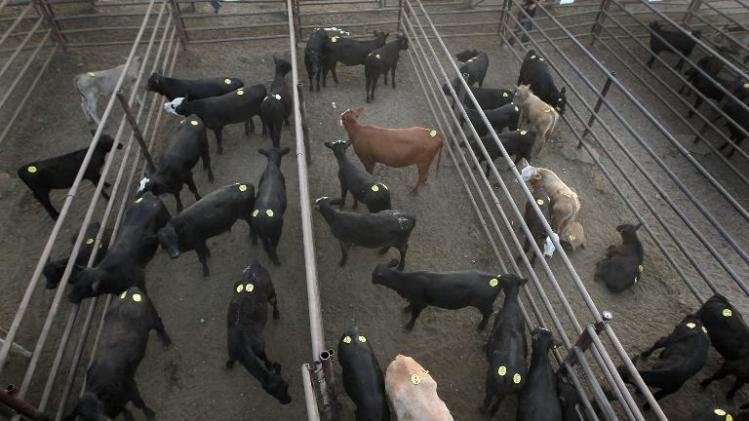
In response to concerns about the rise in drug-resistant super bugs worldwide, US regulators issued voluntary guidelines to help cut back on antibiotics routinely fed to farm animals.
The plan described by the Food and Drug Administration is not mandatory, and applies only to certain pharmaceuticals that are given to healthy livestock in a bid to grow bigger animals and boost food production.
“We need to be selective about the drugs we use in animals and when we use them,” said William, deputy director Flynn yesterday for science policy at the FDA’s Centre for Veterinary Medicine.
“Antimicrobial resistance may not be completely preventable, but we need to do what we can to slow it down.”
The FDA guidelines set out a three-year timeframe for phasing out the use of antibiotics that are important in human medicine for growth uses in farm animals.
Companies that make animal feed containing antibiotics would be restricted to marketing them only for sick animals.
The medicines would also have to be administered or prescribed by a veterinarian with a view to preventing or controlling disease.
The World Health Organisation says inappropriate use of antimicrobial medicines in farm animals is one the factors underlying the spread of drug-resistant infections in people, including tuberculosis, malaria and gonorrhea.
Other factors include people’s failure to complete the full doses of antibiotics when sick and the lack of a coordinated global response to dangerous illnesses.
Consumer advocates say 80 percent of antibiotics sold in the United States are destined for use in livestock, so leaving the responsibility in the hands of business is a mistake.
Louise Slaughter, the only microbiologist in Congress, described the FDA’s voluntary guidance as “an inadequate response to the overuse of antibiotics on the farm with no mechanism for enforcement and no metric for success.”
This guidance “falls woefully short of what is needed to address a public health crisis,” she added in a statement.
Source: the Japan Times

